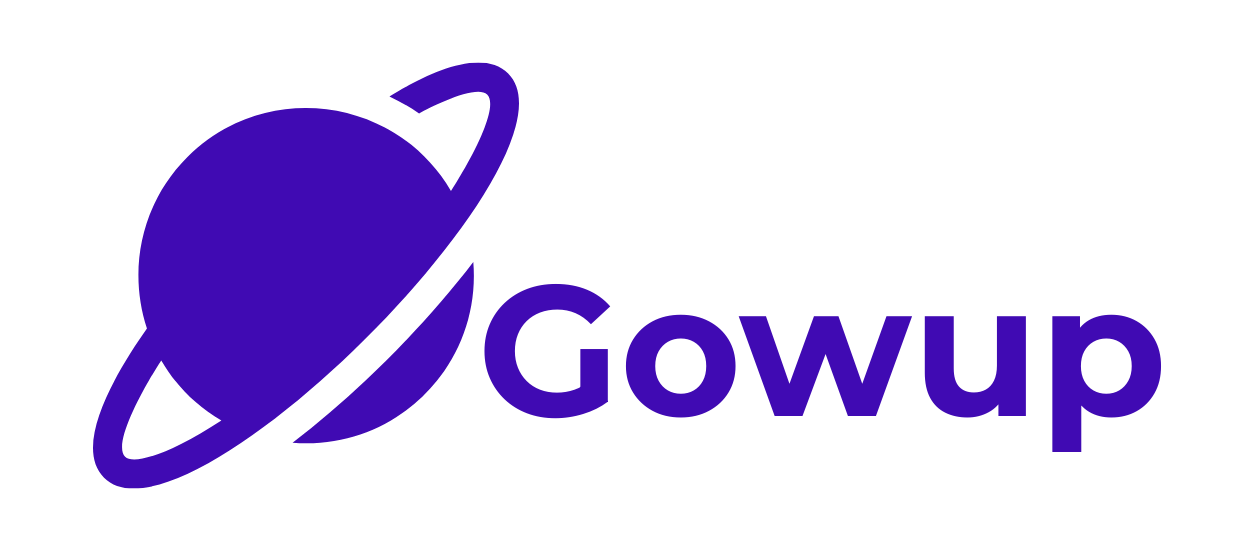Transferable Business Analysis Skills – Investigation
Sometimes you may have been called to do some fact finding perhaps via interviews or questionnaires to gather some facts or opinions on how to improve a situation in a previous role or local youth club or charity event.
Transferable Business Analysis Skills – Considering Perspectives
Possibly in a previous role you may have had to seek consensus from a range of people (e.g. stakeholders) including canvasing people’s perspectives when organising an event.
Transferable Business Analysis Skills – Analysing Needs
Maybe you have had to identify the needs for a charity event or understand a particular process to determine how it could be improved or called upon to write-up a simple process flowchart.
Transferable Business Analysis Skills – Requirements Elicitation and Analysis
Perhaps you have to prioritise requirements for an event – such as how big should the venue be? What are the catering requirements? Consider the requirements of the presenters?
Whilst the examples above may seem simple, when considered in the context of business analysis; and the categories stated above, we start to see examples of how including some of these can help when relating experiences in your junior business analyst resume / business analyst resume.
Of course, on business analysis projects most of this would be done in the context of more complex situations. Highlighting roles that you have done so far before entering a “pure” business role will help put you in a better place when it comes to writing your CV/resume and eventually having an interview.
Highlight any Business or Domain Understanding
A certain aspects of business analysis is having business or domain understanding. Whilst, in-depth knowledge is not expected as a business analyst; as often the role involves working with subject matter experts (SME). Having a general understanding of the business or domain can give you an advantage in some industries such as finance. So, highlight any areas where you have some useful business or domain knowledge.
Highlight any Technical Understanding
If you have been involved in software development in a role such as a developer or tester you probably have a general idea of what a business analyst does so you could be in a position to close the gap of transitioning by highlighting experiences that you have had for example as a tester you may have been involved in reviewing requirements or acceptance criteria; helping determine whether alternative scenarios had been considered for a piece of functionality.
As a developer you probably identify with the value of having clear requirements. So, in these situations it is important to reflect on the BA experience that you may already have or been exposed too. Take opportunities to ask the business analyst questions or help with producing or reviewing some of the artefacts.
Highlight any Junior Business Analysis Experience
If you have some exposure to business analysis perhaps one or two years then it is best to list or call out the tools and techniques that you have used. There is no point listing tools and techniques that you have not used as most employers appreciate that in one to two years that you could not learn everything, and that it takes time.
that you have used. There is no point listing tools and techniques that you have not used as most employers appreciate that in one to two years that you could not learn everything, and that it takes time.
Transitioning to a Business Analyst Role from a non-IT Background
If you have a non-information technology (IT) background then there may be some tasks that you undertake in your role such as run meetings, working with stakeholders or seeking clarity by asking the right questions that are transferable to the role of a business analyst. This may require you to give this some thought and reflect back of what your current role entails or what experience you have picked during your working career or even volunteering experience that you can leverage as relatable experience.
Use Business Analysis Terminology to Demonstrate Your Capabilities
When it comes to recruiters if you use the right terminology (for business analysis) to talk about your experiences, you are more likely to hear back from recruiters compared to someone who is not using the right terminology. But always remember to only describe or list items that you are comfortable to explain if you get called up for an interview. It is always best to be honest when it comes to interviews.
Professional Development
Some hiring managers will look for candidates with a growth mindset, i.e. someone who is willing to learn and has demonstrated this throughout their career, even if it’s limited by the number of years worked. These days, it is important that you demonstrate this to help you differentiate yourself against other candidates. As a business analyst, the role is constantly evolving and the number of tools and techniques is constantly growing as new ways of working get introduced.
Remember that this professional development can be formalised, such as taking a certification ; but it can only be obtained from reading books
; but it can only be obtained from reading books , listening to podcasts
, listening to podcasts or attending business analysis conferences
or attending business analysis conferences for example. So, if you become a life-long learner – who will do well in business analysis; you will also help differentiate yourself against other potential candidates by having more up-to-date knowledge.
for example. So, if you become a life-long learner – who will do well in business analysis; you will also help differentiate yourself against other potential candidates by having more up-to-date knowledge.







